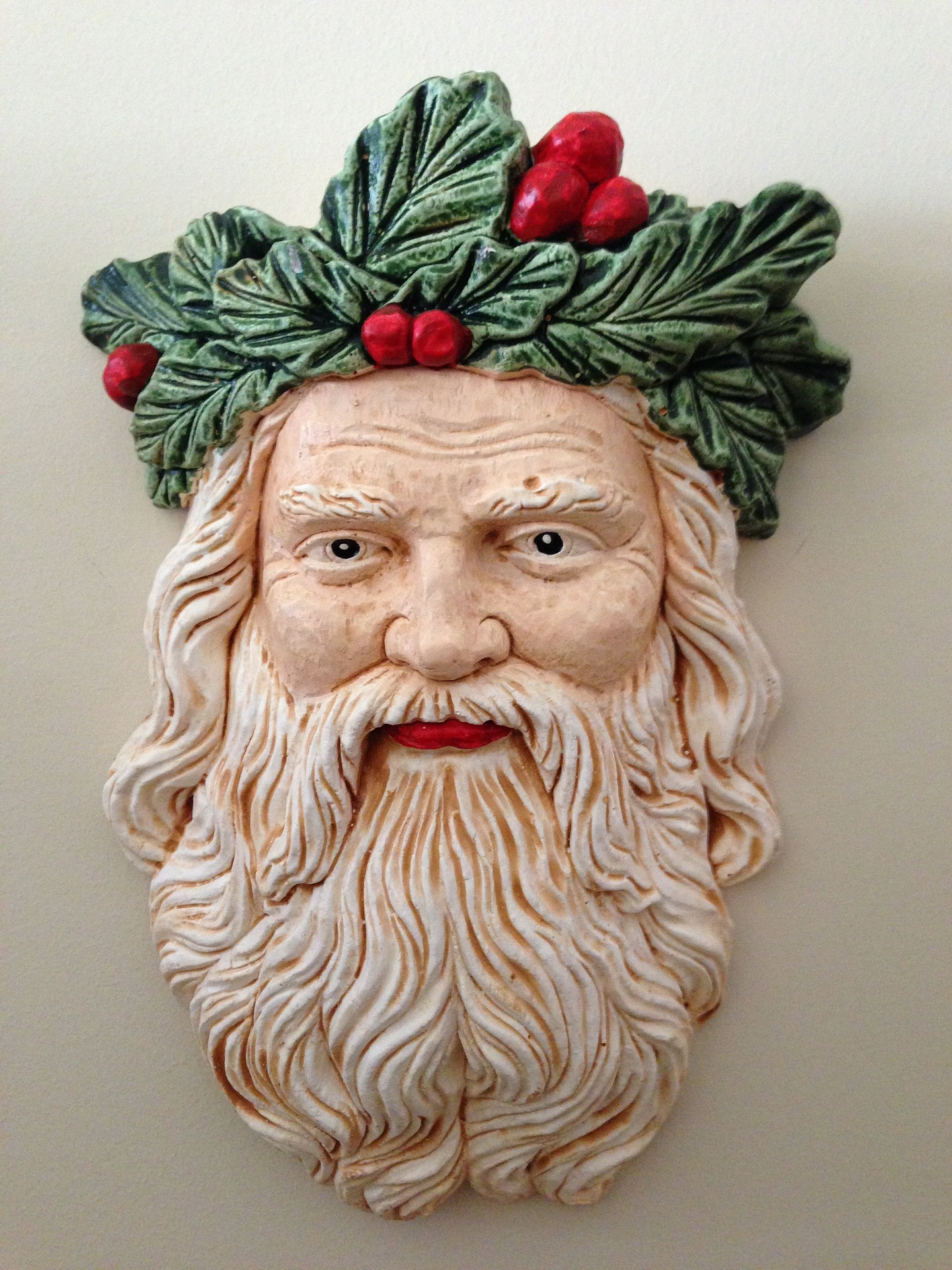
“In times of change, great leaders look in the mirror, not out the window” – Peter Fuda (international authority on business and leadership transformation)
Every year at Christmas time, my partner Desley and I work our way through a large collection of Christmas movies. One of them is Charles Dickens’ “A Christmas Carol“.
It’s a great story and for me it works on two levels. One is around it’s entertainment value and the other is the important message it sends to everyone in a leadership / management position.
Now for more on the latter.
For those who don’t know what the story is about, or needs a refresher, click here.
It’s very clear from Dickens’s narrative that Ebenezer Scrooge’s was not only troubled by what he saw but was also emotionally disturbed by what others had to say about him. I’ve summarised below what I believe were the key issues which persuaded Scrooge to not only to reflect upon his life as it was but also on the repercussions that his current behaviour could have on future events. And it was also made clear later in the story that it was the effect that these reflections had on Scrooge which ultimately drove him to undergo a permanent attitudinal transformation.
- Scrooge realised that if he hadn’t been so obsessed with money, he might have led a happy life with Belle (the person to whom he was engaged to be married).
- On Christmas day, Scrooge hears Bob Cratich give “a toast to Mr. Scrooge. The founder of (their) feast.” But he reels when Mrs. Cratich responds with, “How can anyone drink the health of such an odious, stingy, hard and unfeeling man as Mr. Scrooge.”
- Scrooge is taken back when Fred and his family make jokes about how disagreeable he is.
- Scrooge knew he must change after witnessing his own death as well as hearing the negative comments expressed by others upon learning about his demise.
Fortunately self-reflection is not always “bad news” as was the case with Mr. Scrooge. In fact, most times we will find more things that we do really well than what we do bad. However as much as it’s important to gain insight into each of these matters, it’s even more important to know how far our current situation is away from our ideal. Because knowing that there is a gap between where we are now and where we would like to be as well as being aware of the size of that gap, is what often drives us to narrowing that difference. In other words, we should really view this divergence as an opportunity for improvement rather than as a sign of failure.
However self-reflection is just one of a number of ways that we can get to know more about ourselves. In fact, a concept known as the Johari Window indicates that we need to look into four different areas of our life if we are to totally understand our true self; those areas being:
- Known self – things we know about ourselves that others also know
- Hidden self – things we know about ourselves that others don’t know
- Blind self – things others know about us that we don’t know
- Unknown self – things that neither we or others know about us.
The message here is that if we want to obtain a complete picture of our strengths and weaknesses, self reflection alone won’t do the trick. That is to say, we also need to take into account other areas especially that of our “blind self” i.e. those things that others know about us that we don’t know. And this is what Scrooge did. Not only did he learn more about himself through self-reflection but he also took on board what other people had to say about him.
“It’s one thing to act without knowing but another thing to know but still act in the same way” – Costa Georgiadis, landscape architect and TV presenter (The Courier Mail 28 June 2012)
“Knowing that you don’t know is the most essential step to knowing.” – by the Claire Keen character in the movie: “Synecdoche New York”
Take Home Message: we shouldn’t have to be visited by ghosts of Christmas past, present and future to be influenced to reflect on how well we are performing as a leader / manager.
WHAT’S NEXT
- Check out my blogs | http://www.leadingbyinfluence.com.au/articles/
- Check out my YouTube Channel | https://www.youtube.com/channel/UCg9HLPboV-lI6GRpA8m61vg
- To check me out, visit my Linked profile | http://www.linkedin.com/in/timwilkeleadershipauthor/
- Download (while it’s still free) my upcoming book in the series “100 Tips to be a Great Leader” | http://eepurl.com/bE_n7D
- Purchase my book “Look Inside: Discovering the secret to leadership success” | https://www.amazon.com/dp/B017S6BGFG
- Purchase my book “100 Tips to be a Great Leader: Volume I” | https://www.amazon.com.au/dp/B074FX3FGT
- To find out about my online leadership-development mentoring program, contact me by clicking this link | http://www.leadingbyinfluence.com.au/contact. Your first instalment is free and without obligation.
- To find out about my in-house leadership development workshop, contact me by clicking this link | http://www.leadingbyinfluence.com.au/contact.
FOLLOW me on
- LinkedIn | http://www.linkedin.com/in/timwilkeleadershipauthor/
- Twitter | http://www.twitter.com/timwilke1
- Pinterest | https://www.pinterest.com.au/tim510514/
- Facebook | https://www.facebook.com/TimWilkeLeadingbyInfluence/
SHARE my posts / videos on
- Twitter, Pinterest, Facebook, LinkedIn
